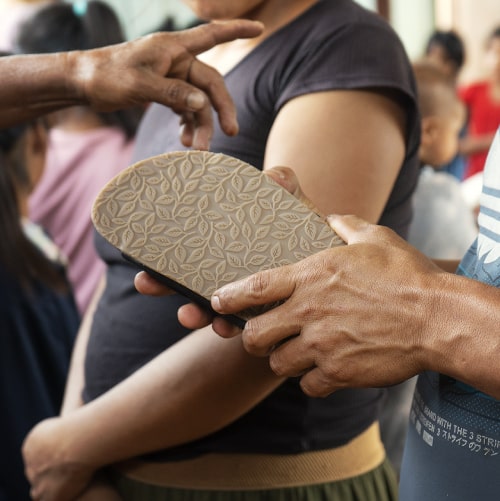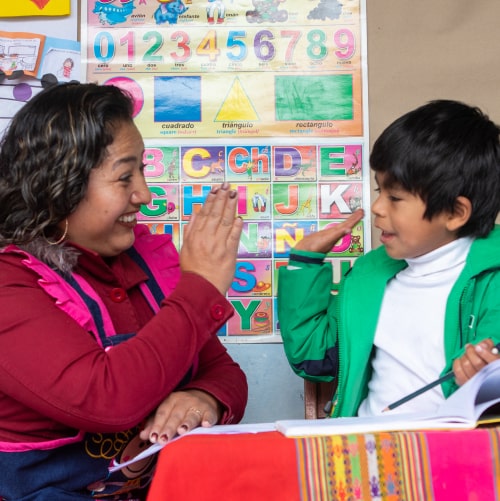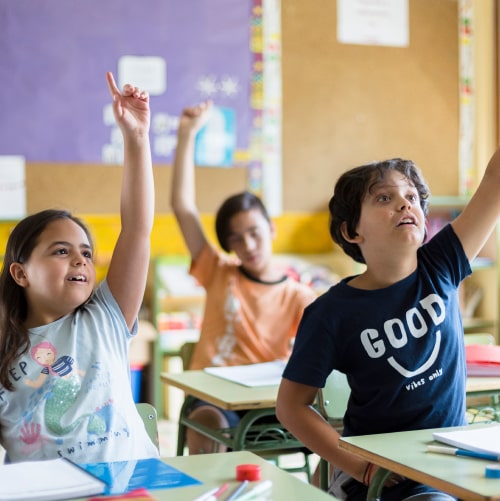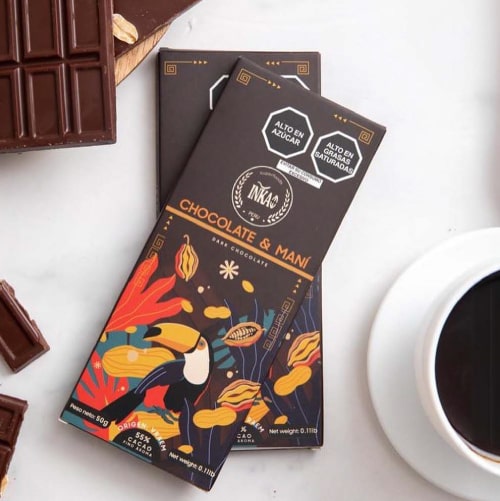We present Siray Wasi, one of the eight social companies selected for the Due Diligence stage of the Wiese Foundation Entrepreneurial Fund.
At this stage, the Entrepreneurial Fund team develops a business plan and a financing scheme, together with each finalist company, to then submit this information to the evaluation of an Investment Committee, who will define the formation of the first portfolio of social businesses of the Entrepreneurial Fund.
What is Siray Wasi?
Siray Wasi is a social endeavor dedicated to the manufacture of textile clothing such as coveralls, aprons, hats, T-shirts, etc. This endeavor is aimed primarily at companies that look for uniforms for their employees or mechandising for their brand. The added value of Siray Wasi, unlike its competition, is that it has created a network of women entrepreneurs in the textile sector, who are part of its production chain. These women entrepreneurs receive a fair payment in exchange for the manufacture of textile pieces executed under the highest quality standards, and with the commitment to comply with the delivery of the final product on the agreed date, thus managing to meet customer expectations.
Constitution of Siray Wasi as a social business
The story of Siray Wasi is full of solidarity and growth that is not only measured in the economic and social impact, but also in how the self-perception of the beneficiary population has been improved and in how networks that continue to grow and strengthen have been woven
Sara Flores, general manager of Siray Wasi, tells us that the company was born as a result of an educational project that the Cesal NGO was developing on the slopes of Huachipa. They discovered that in this place there were small textile endeavors that worked in very precarious conditions because many contractors paid them very low prices, late, and in many cases they did not comply with the established payments, which accentuated their impoverishment situation.
Cesal detects a business opportunity with an impact on the community and manages to group these workshops to articulate them with the market and thus ensure fair working conditions. Since then, what was the sewing workshop “Virgen de Guadalupe”, a work that Cesal has been promoting in Huachipa for 15 years, has become a social business under the name of Siray Wasi, which in Quechua means “sewing house”.
Social and environmental objectives
The main objective of Siray Wasi is the sustainable development of the communities of Nievería, Cajamarquilla and Jicamarca from Huachipa, through the formalization of textile entrepreneurs and the creation of a network of workshops in the sector that allow to offer quality pieces with a fair payment. “We want to make visible the work of these textile endeavors so that they can arise”, says Sara.
In fact, Javier de Haro, proxy of Siray Wasi, tells us the vision of the company: “we seek to be, in 5 years, a sustainable and profitable organization that serves at least 30 companies and is recognized for the transfer of values and knowledge to entrepreneurs in Huachipa, ensuring that 50 network endeavors have become MSEs and generate decent jobs, thus contributing to local economic development.”
Regarding the environmental issue, Siray Wasi uses fabric scraps to generate additional products with added value, such as cleaning cloths. In addition, it is working on strategies to recycle cardboard rolls of fabrics and threads, in order to share good practices with textile entrepreneurs, in terms of waste management.
Financial sustainability
Thanks to the good relationship it has built with its clients, Siray Wasi guarantees the growth of the network of women entrepreneurs with whom it works, since it is responsible for ensuring that the standards demanded by buyers in terms of time and finishes are met. In fact, they are proud to have grown up with their women beneficiaries, because for many years they have accompanied and grouped these women in a network so that their small businesses can associate and help each other.
First allies
Sara and Javier tell us that the Cesal NGO was their first ally, since it has been through said institution that they met the families with whom the NGO worked in the Huachipa area, for more than 15 years. These families initially oriented community work to agriculture and brick making, as it was their only way of accessing work; however, thanks to the different workshops that the Cesal offered to this population, the trades were diversified, even venturing into the manufacture of clothing.
In 2013, the Siray Wasi sewing house was born, with the support of the Investment and Cooperation Foundation (I&C), an organization created by the NGO Cesal, which decides to integrate 20 textile workshops led by mothers looking for their own income. Thanks to the creation of Siray Wasi, the network has grown and strengthened by serving renowned clients with quality, whose loyalty has been ensured, and some of them are: AJEPER, Salesland, Le Cordon Bleu, Supermercados Peruanos, Tiendecita La Catedral, etc.
Challenges
For Siray Wasi, the biggest challenges are unfair competition and informality. They are aware that formalizing, offering good quality and meeting delivery times can play against them because their profit margins tend to be lower and since they are still small entrepreneurs, they cannot access better prices.
However, they also know that this can finally become a strength, because their clients validate the high quality standards of the work received and value the social responsibility behind the endeavor.
Wiese Foundation Entrepreneurial Fund
Siray Wasi wishes to take advantage of the Due Diligence stage of the Wiese Foundation Entrepreneurial Fund to strengthen itself as a textile MSEs network and generate greater sustainable development in the communities where they have had an impact. They recognize that the knowledge transmitted through the specialists of the Fund will allow them to organize themselves to be even more competitive, generate connections and replicate the experience in other locations.
If you want to support the more than 150 families who have found a way out of poverty, hunger and marginality in clothing production, you can visit their website: http://www.siraywasi.pe/








